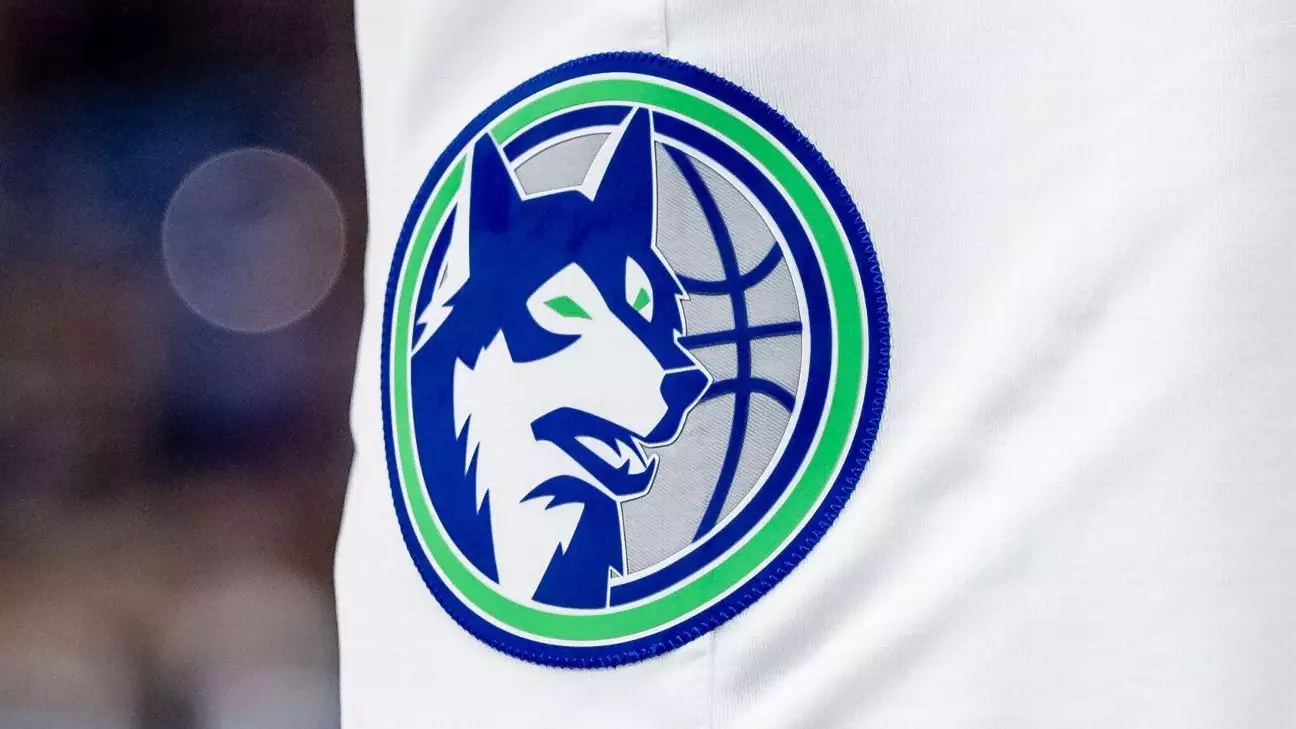The ongoing ownership transition of the Minnesota Timberwolves and Lynx has taken a pivotal turn following a recent arbitration ruling that favors potential buyers Marc Lore and Alex Rodriguez. In a split decision, a three-member arbitration panel determined that Glen Taylor, the current owner, acted inappropriately by alleging that Lore and Rodriguez missed a payment deadline crucial to their majority ownership aspirations. This ruling not only signifies the persistence of the two investors but also sets the stage for an impending vote among the NBA owners that will ultimately determine the future leadership of the franchise.
The arbitration panel’s conclusion provides Lore and Rodriguez a clearer path to acquiring an 80% majority share in the Timberwolves and Lynx, a situation that has been fraught with contention from the outset. Taylor had entered into an agreement with the duo in 2021, valuing the teams at $1.5 billion and establishing a multi-step purchasing arrangement. The timeline of events has raised questions and allegations regarding contract interpretations, particularly surrounding Taylor’s claims that he had not been paid the agreed sum, ultimately leading to the arbitration.
It has now surfaced that Lore and Rodriguez have innovatively bolstered their financial backing. Initially acquiring 36% of the franchise for over $500 million across two deals, they have since managed to secure an additional $950 million, which has been placed in an escrow account. This robust financial base reinforces their intent to finalize the deal and actively engage in team management, despite the hurdles imposed by Taylor’s opposition.
In a strategic move, they have brought aboard influential partners such as former NYC Mayor Michael Bloomberg and ex-Google CEO Eric Schmidt. These alliances not only enhance their financial muscle but also amplify their credibility within NBA circles. As they navigate this challenging landscape, the duo’s efforts to connect with various team owners reveal a tactical approach to garnering the necessary support for their acquisition.
Despite the apparent progress, the path to ownership is fraught with potential roadblocks. In order for the acquisition to materialize, 23 of the 30 current governors must agree to the sale. This typical formality may be complicated by Taylor’s potential objections, given his long-standing equity in the team and connections with NBA leadership, especially NBA Commissioner Adam Silver.
The inter-owner dynamics in this scenario are critical; Taylor’s established relationships and the history he’s built since becoming the team’s majority owner in 1994, including his tenure as a former chairman of the board of governors, could sway his fellow owners. Therefore, Lore and Rodriguez’s outreach efforts are not merely a formality; they represent strategic alliances that may tip the scales in their favor when the vote occurs.
Interestingly, the Timberwolves’ valuation of $1.5 billion—agreed upon in 2021—now seems outdated in the context of recent franchise sales, which have reset expectations. The recent sales of franchises like the Phoenix Suns at $4 billion and the Dallas Mavericks at $3.5 billion illustrate a burgeoning market for NBA franchises. This shift presents a challenging scenario for Taylor, who may be weighing the implications of staying in control versus relinquishing the franchise at what could be seen as a suboptimal price point.
The fluctuations in valuation not only reflect changes in the franchise market but also influence prospective owners, making the landscape competitive. The recent attempts by Taylor to withdraw the team from sale reflect a complex mix of personal attachment and business strategy, especially as he cites the team’s positive trajectory and his own enthusiasm for ownership.
As the dust settles on the arbitration ruling, all eyes are on the NBA’s board of governors, who will face an unprecedented situation. Within this intricate web of aspirations, loyalties, and financial maneuvering lies the essence of professional sports ownership—a realm where fortunes can shift with a single vote. Lore and Rodriguez remain optimistic about their future endeavors, eyeing championship banners while navigating the delicate balance of ownership politics in the NBA. Taylor’s response remains non-committal, leaving room for speculation about his next moves in this ongoing saga. Ultimately, this situation exemplifies the high-stakes nature of professional sports, where ownership dynamics resonate well beyond the court.


Leave a Reply